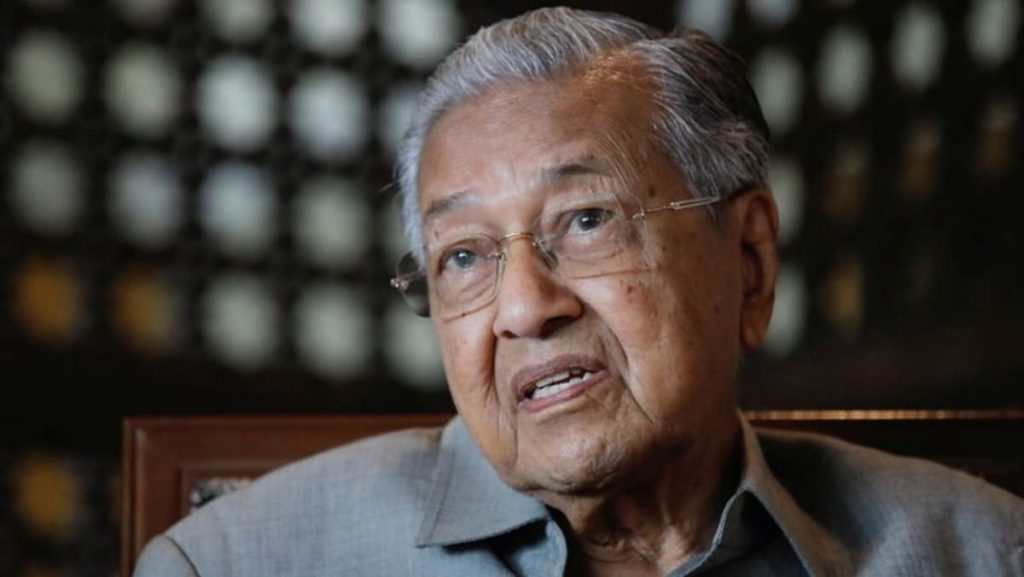A Malaysian royal commission of inquiry has put forth significant recommendations regarding former Prime Minister Mahathir Mohamad, suggesting that he should be subjected to a criminal investigation due to his involvement in the controversial decision to withdraw Malaysia’s claims on two islets located in the Singapore Strait. This revelation came to light during a presentation in the Malaysian parliament on December 5, which highlighted the implications of Mahathir’s actions on national sovereignty and interests.
The context of the investigation revolves around an earlier governmental decision made in 2018, which occurred when Mahathir was in office for his second term. The Malaysian government had previously sought to challenge a ruling by the International Court of Justice (ICJ) from 2008 that granted Singapore sovereignty over Pedra Branca, an islet of strategic significance. In 2017, Malaysia had not only aimed to have this ruling overturned but also sought clarification on the status of South Ledge, another islet in the vicinity, further indicating the nation’s interest in reclaiming territorial rights.
Mahathir’s administration ultimately decided to withdraw these applications just a year later, leading to criticism and concern about Malaysia’s stance on its sovereignty. The royal commission’s report indicated that these actions may have resulted in cheating and wrongful losses, emphasizing the responsibilities that come with the office of prime minister, which include the duty to safeguard national interests. The report also underscored the fact that such decisions could have far-reaching consequences for Malaysia’s territorial integrity.
As a result, the report recommended a thorough investigation into Mahathir’s actions, suggesting that he could face significant legal consequences if found culpable. Under Malaysia’s penal code, the charges he could be facing might entail prison terms of up to seven years, fines, or both. The implications of these recommendations could mark a significant moment in Malaysian politics, especially given Mahathir’s stature in the nation’s political landscape.
In addition to the potential criminal charges, the report also recommended civil action against Mahathir, indicating that the commission views the matter not only as a question of criminal liability but also as an issue that may require civil rectification. This dual approach underscores the severity of the commission’s findings, reflecting a broader concern regarding accountability in governance and the protection of national sovereignty.
While Mahathir’s office has yet to issue a statement in response to the commission’s findings, the unfolding situation may lead to more discussions on the responsibilities of political leaders in safeguarding national interests. The recommendations of the royal commission are poised to influence Malaysia’s political narrative significantly, particularly concerning how past administrations have handled issues of sovereignty and national integrity.

